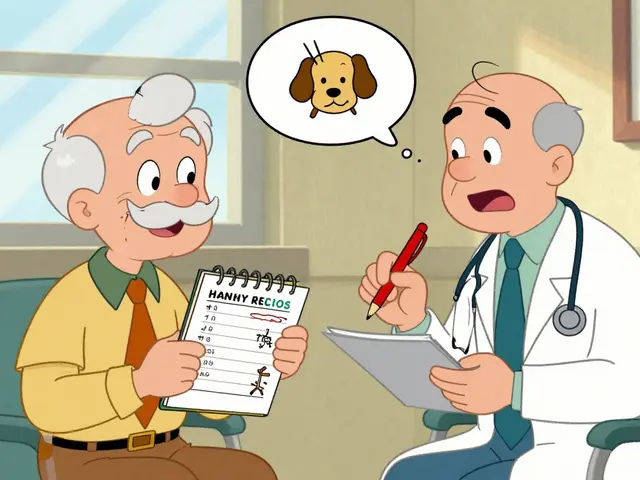Travel Health Essentials: What Every Traveler Needs to Know
Planning a trip? Your health checklist should be as detailed as your itinerary. A few smart steps before you leave can keep you feeling great abroad and avoid costly medical surprises.
Vaccines, Docs & Pre‑Trip Prep
First up, find out which vaccines are required for your destination. Some countries need yellow fever proof; others recommend hepatitis A or typhoid shots. A quick visit to a travel clinic lets you get the right doses and ask about any side effects.
Bring a copy of your immunization record – many airlines or border agents ask for it. If you have chronic conditions, ask your doctor how they might be affected by altitude, heat, or new time zones. Adjusting medication timing now can save confusion later.
Pack Smart: Meds, First‑Aid & Safety Gear
Put all prescription meds in their original bottles with clear labels. A small pill organizer helps you keep daily doses straight, especially when crossing time zones.
Carry a basic first‑aid kit: pain relievers, antihistamines, anti‑diarrheal pills, and an oral rehydration mix. These items cover common travel woes like headaches, allergic reactions, or upset stomachs without hunting for a pharmacy.
Don’t forget insect repellent if you’re heading to tropical spots – it’s the best defense against mosquito‑borne illnesses. A portable water filter or purification tablets are lifesavers where clean tap water isn’t guaranteed.
Staying Healthy on the Road
Drink bottled or filtered water, and avoid ice cubes unless you know they’re made from safe sources. Eating fresh fruits that you can peel yourself reduces risk of food‑borne bugs.
If you start feeling sick, don’t ignore it. Small symptoms like mild fever or diarrhea can become serious fast in a foreign country with limited care. Use the meds you packed, stay hydrated, and seek local medical help if things worsen.
Sleep, hydration, and nutrition matter as much as sightseeing. Try to stick to regular meal times and get enough rest between adventures. Your body will thank you when you’re ready for the next day’s activities.
Insurance & Emergency Planning
A travel health insurance plan that covers hospital stays and evacuation is worth every penny. Keep the policy number, a local emergency contact, and your passport details in a secure but easy‑to‑reach place.
If you have a serious medical condition, write down an emergency action plan in plain language – include drug names, dosages, and allergy info. Share this with travel companions so they can act quickly if needed.
Finally, remember that staying informed is the best defense. Check reputable sites for up‑to‑date health alerts about your destination right before you depart. A few minutes of research now can keep you healthy throughout your journey.




